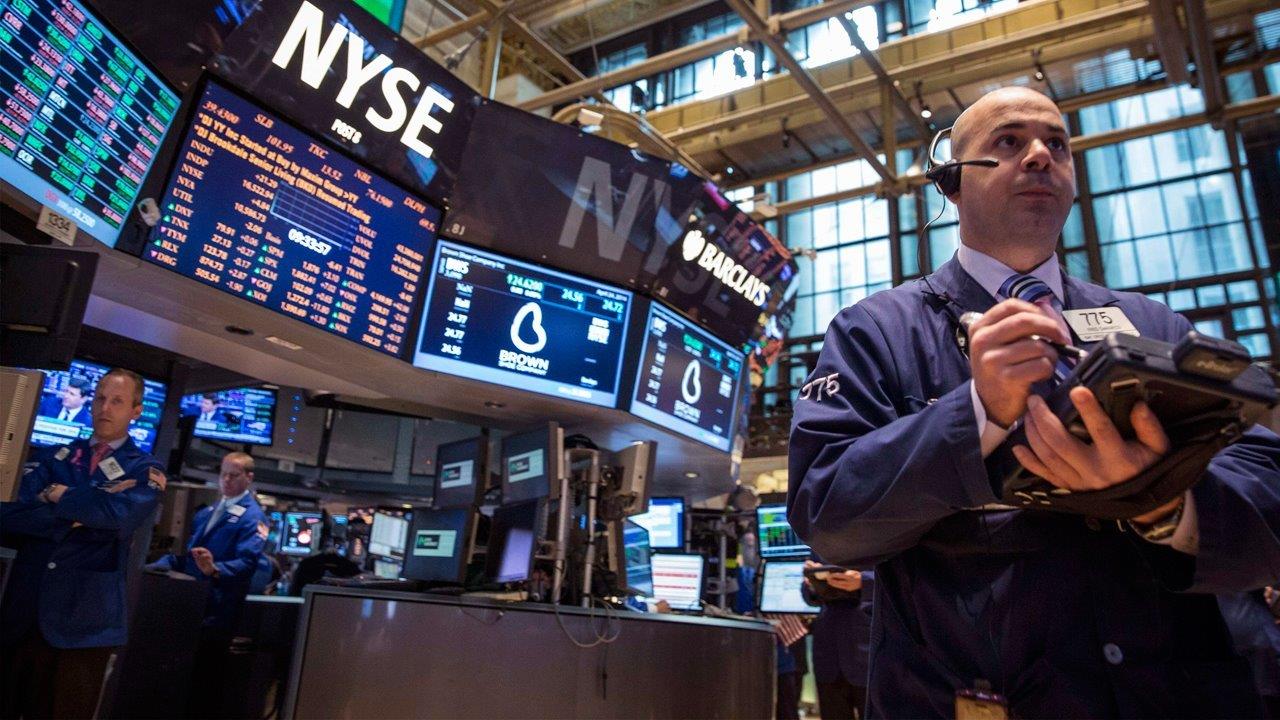The Collapse of Mega Mergers
Baker Hughes (NYSE:BHI) and Halliburton (NYSE:HAL), two of the nation’s biggest oilfield services companies, announced they terminated their highly-contested merger deal after regulators in both the U.S. and Europe declined to give the tie up a green light.
Those regulators said the deal, once-valued at $35 billion, would hurt competition in the industry. As a result of the breakup, Halliburton will pay its smaller rival $3.5 billion to compensate for the collapse of the deal.
On the news, stock prices traded in opposite directions during the trading session Monday. Baker Hughes ended down 2%, while Halliburton shares gained 1.79%.
Filedpoint Chief Investment Officer Bill Kennedy told Maria Bartiromo on the FOX Business Network’s Mornings with Maria, part of the reason for the breakdown in some of 2015’s biggest-valued mergers is more increased scrutiny and regulation from the government.
“What’s terrible about this is the fact that you have the regulatory environment really burdening corporate America at a time when corporate America cannot grow their top line organically, so they’re looking for ways to grow on the top line – mergers is one of the ways to do that, but they’re making it difficult out of Washington D.C.,” he said.
To that point, Michael Block, chief strategist at Rhino Trading Partners said it seems the federal government just doesn’t want to see companies growth their revenue through acquisitions.
“They’re stifling evolution in this respect,” he said. “They’re thinking very shortsightedly, saying ‘we’re going to save jobs.” But you’re not going to save jobs longer term if you’re stifling what’s going on. Jobs are going to go away, jobs will leave the country,” he said.
The tax bills, meanwhile, continue to be a sticking point for many companies that once sought shelter in nations outside the U.S. with lower tax burdens. However, the Treasury Department this year announced new rules governing so-called inversions – or the practice of moving a company’s corporate headquarters overseas in an effort to cut down on the tax bill. The move forced pharmaceutical giants Pfizer (NYSE:PFE) and Allergan (NYSE:AGN) to call it quits on their planned merger at the beginning of the year.
Kennedy said all the regulatory and policy uncertainty is enough to put investors more on edge.
“It’s a very critical time in the markets. For that reason, we’re actually underweight U.S. equities. However, within equities, there are small pockets we see opportunities. We like REITs, mid-cap, and value, as opposed to growth-style,” he said.




















